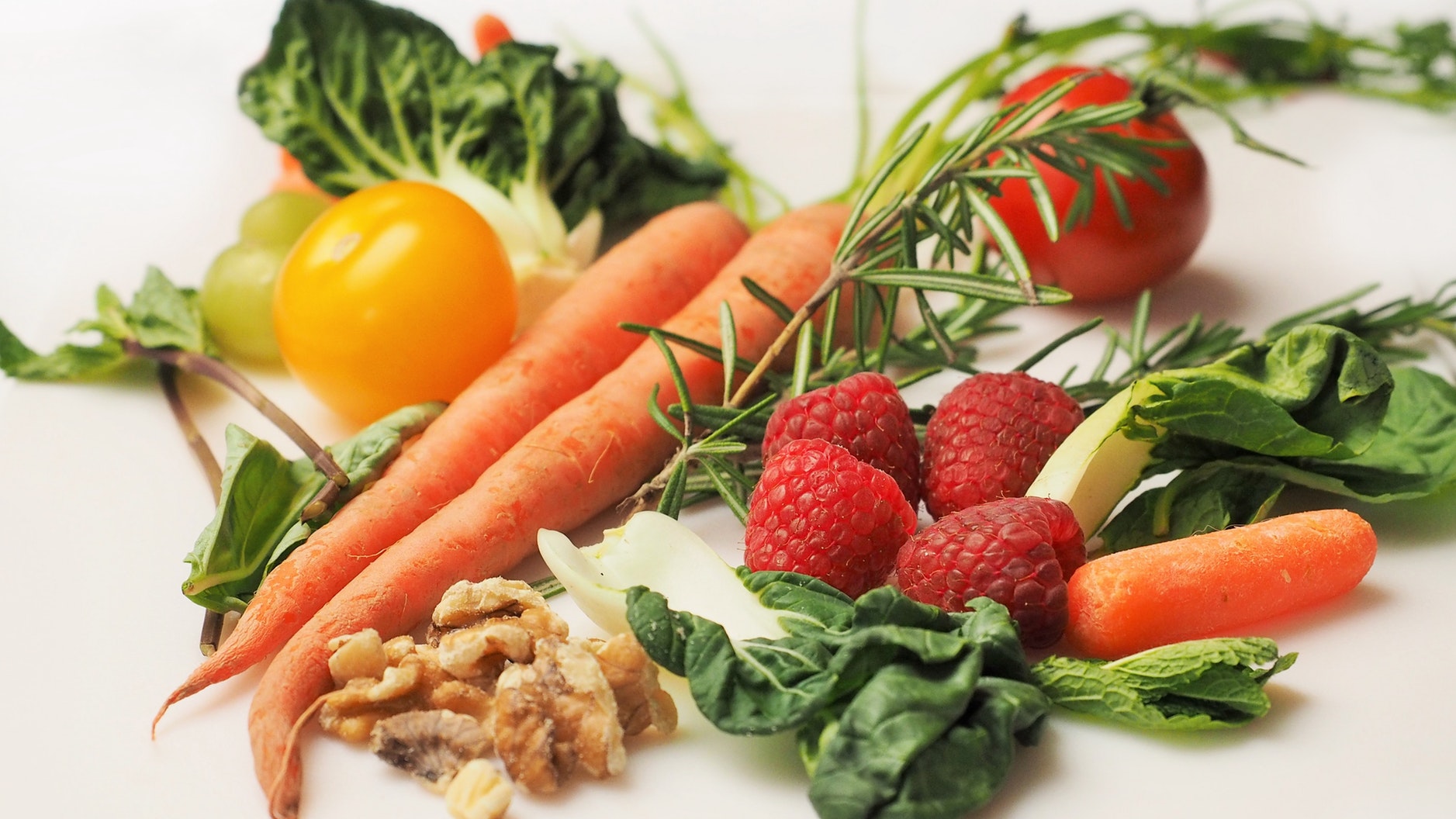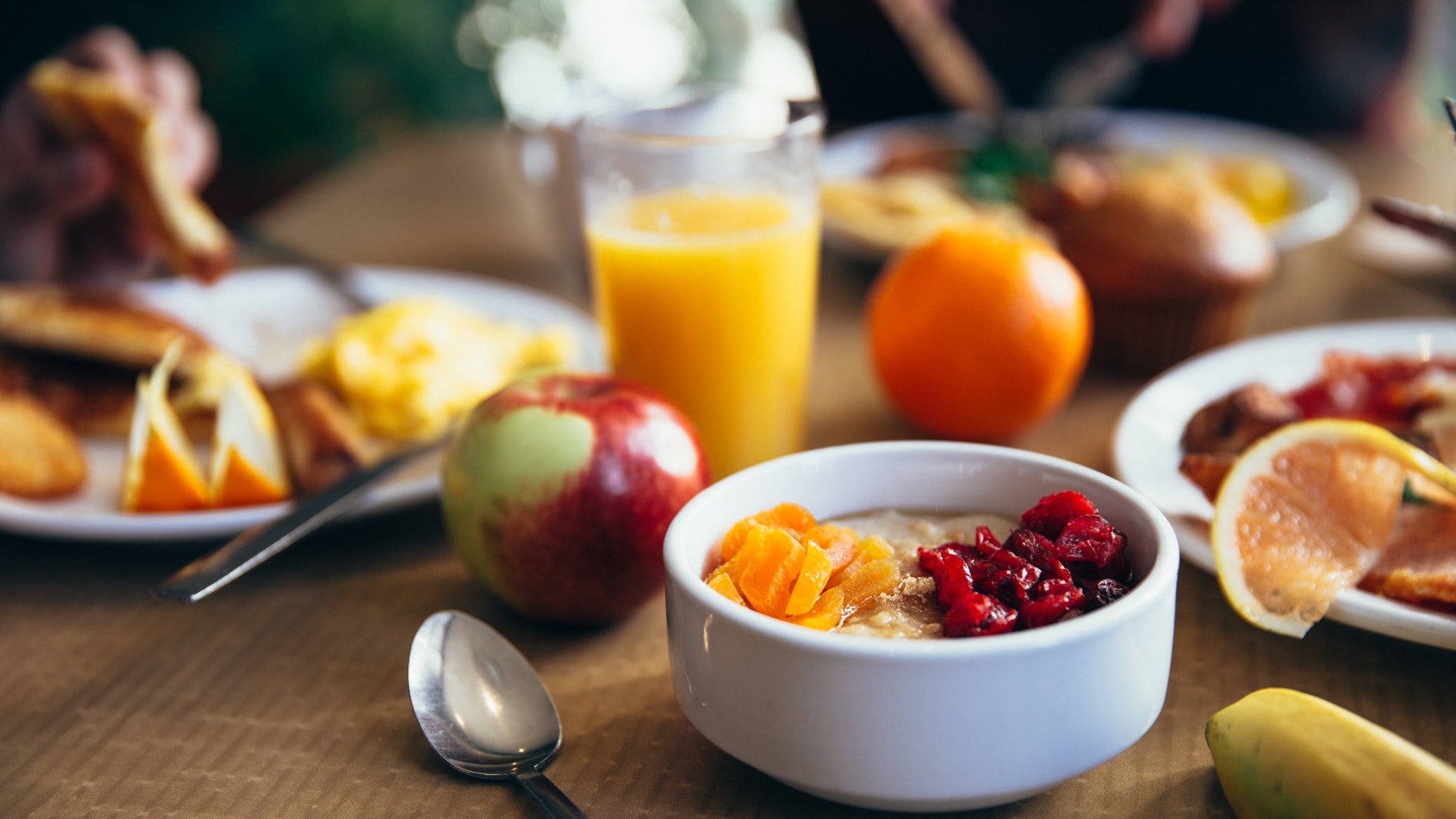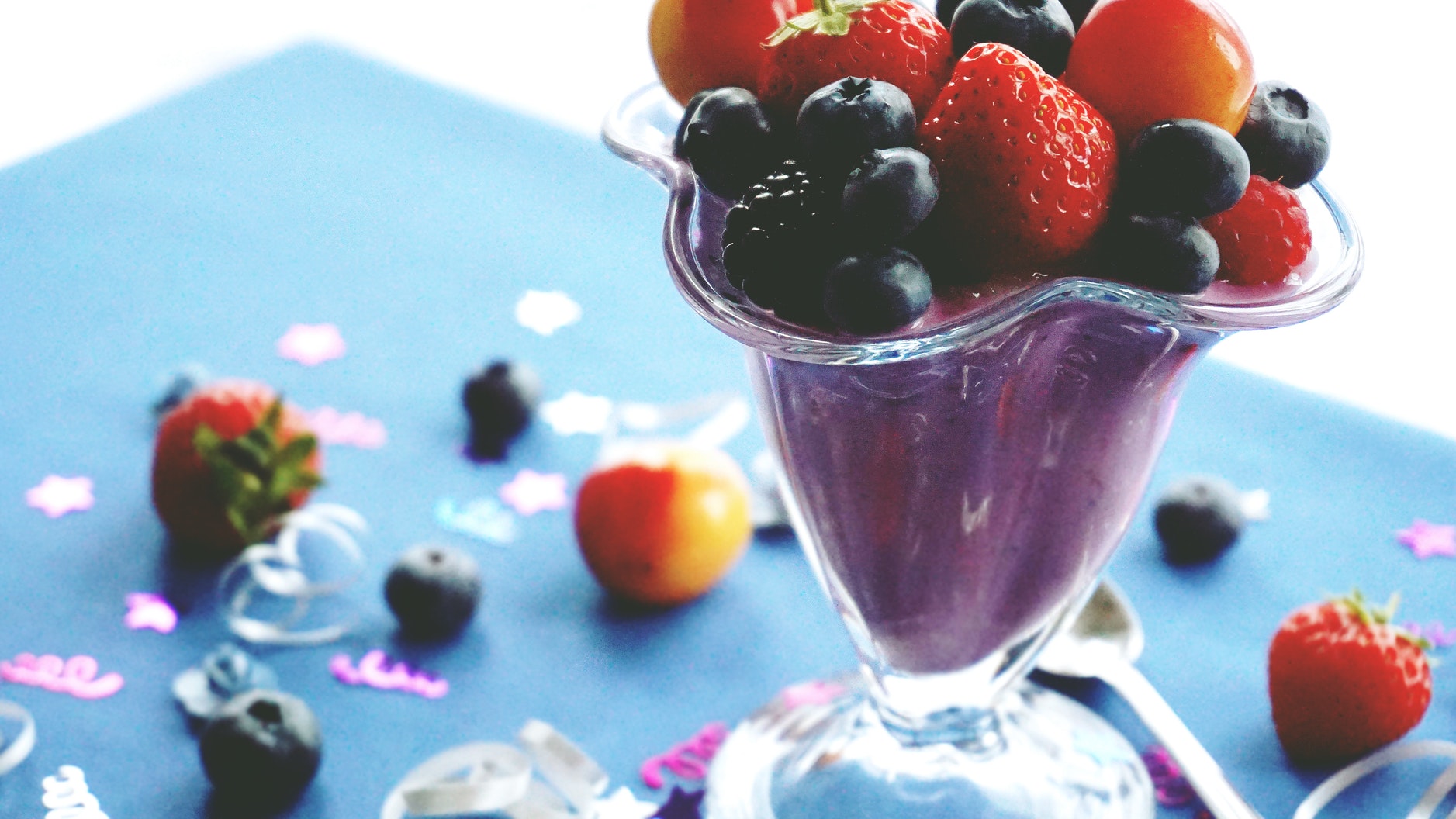Many of us rely on coffee for our daily dose of caffeine, which energizes us and gives us a quick boost. However, do you know that it isn’t just coffee that can make you feel better? In fact, there are several drinks that contain caffeine in various amounts. Everything from a cup of black coffee to a can of soda contains caffeine. Therefore, it all comes down to choosing the healthiest drink for yourself. What if we told you that you could get the energy boost you need from Matcha. Often hailed as the healthiest beverage out there, Matcha provides various health benefits. It also gives you some energy and helps you feel more focused and fresh. So, does Matcha contain caffeine, and if so, how much caffeine does Matcha have in it? Here’s a look at everything you need to know about the relation between Matcha and caffeine.
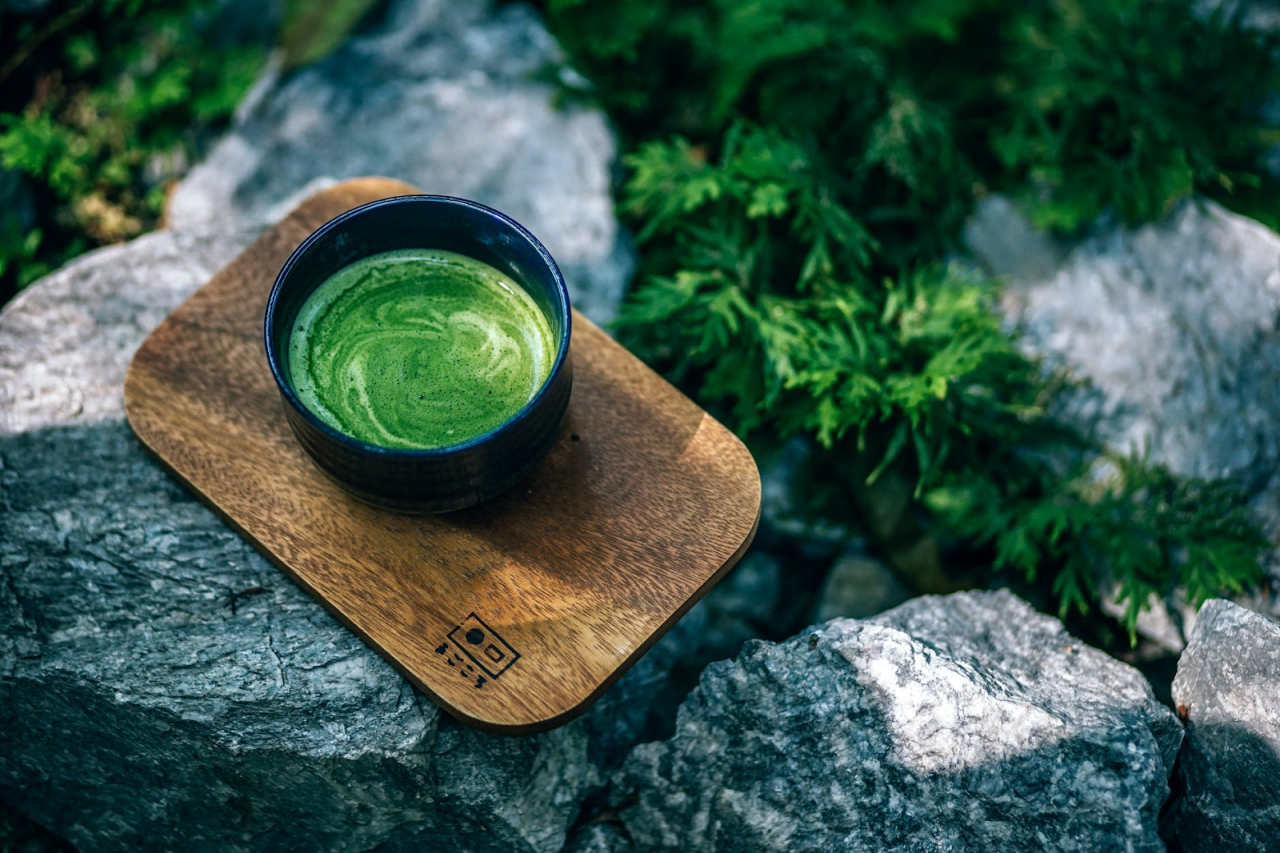
Does Tea Contain Caffeine?
In case you want a daily energy dose, but don’t like coffee, don’t fret because there are other alternatives. In fact, every kind of tea made using the plant camellia Sinensis contains caffeine. Out of all the various types of teas out there, black and green tea have the highest amounts of caffeine in them. Matcha has become extremely popular around the world, thanks to its nutritional benefits. In fact, since Matcha is one of the purest forms of green tea, it contains a lot of caffeine.
What Makes Matcha Different?
Typically, when it comes to making green tea, we infuse water with the tea leaves and then get rid of the leaves. However, when we make Matcha, we take more of the leaves in as it is in a powdered form. Since we ingest the entire leaf, Matcha also delivers more nutrients when compared to regular tea. Furthermore, it offers more than ten times the antioxidants than a regular cup of green tea provides. So when we drink a cup of matcha tea, not only do we get the caffeine we need, but we also get a load of nutrients along with it. Matcha, therefore, delivers way more nutrients than your regular cup of tea or coffee.
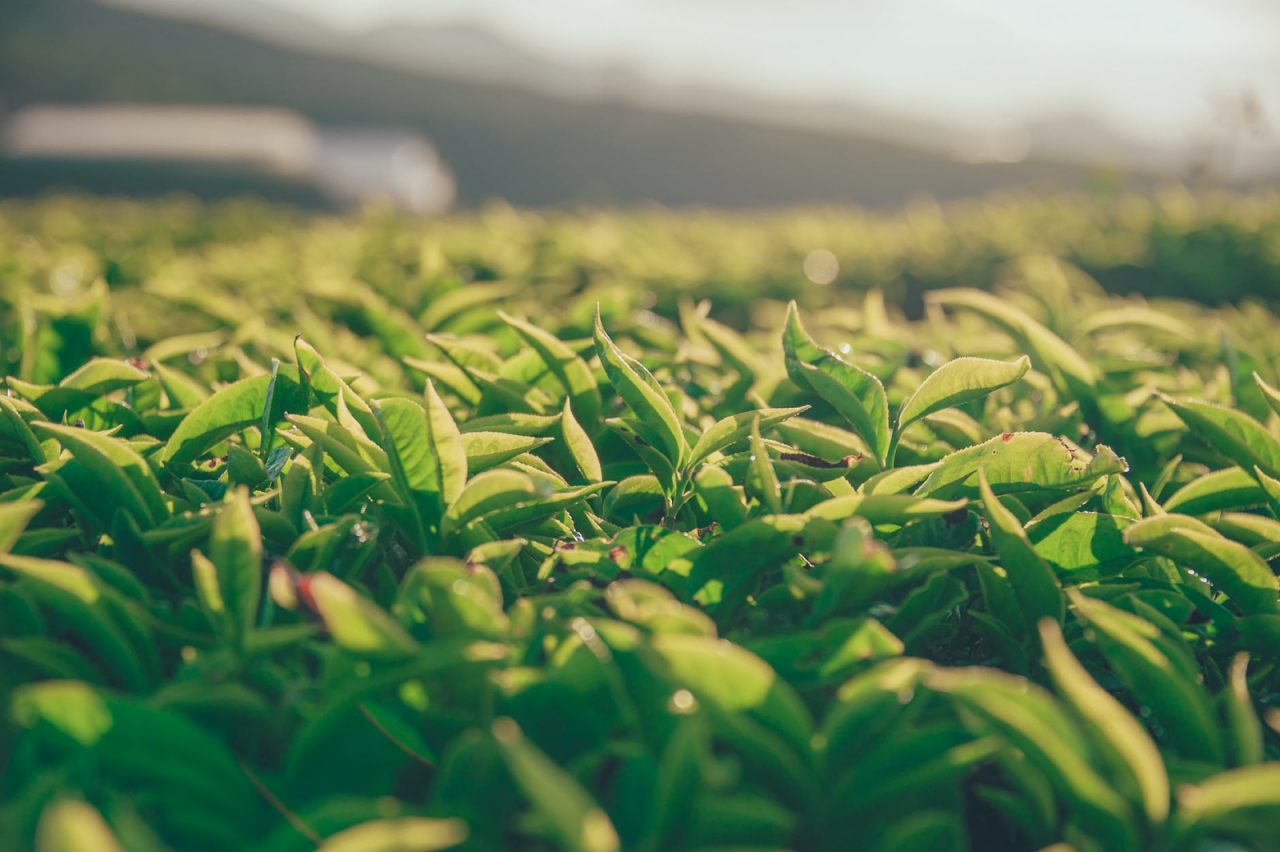
How is Matcha made?
The best Matcha tea comes from the hilly Southern region of Japan, where families have been associated with the art of growing tea for millennia. A Buddhist monk took the Chinese tea leaves to Japan, and soon enough, it became a part of their culture. Matcha is a part of the Japanese tea ceremony, an art form that influenced the Japanese culture and way of life. Furthermore, Matcha was also very popular with Samurais in ancient Japan, as they liked the tea for its pleasant flavor and calming effect. The tea leaves are usually picked when they are young and tender. Before plucking them, they are shade-grown to ensure that the sun does not take away too many nutrients from the leaf. After being plucked, their exposure to direct sunlight is limited, giving them a lush green color. Furthermore, rather than being milled, matcha tea is ground using stones to ensure that they retain their nutrients.
How Much Caffeine Does Matcha Have In It?
An 8-ounce cup of matcha tea contains 70 mg of caffeine, which is a little less than what a cup of coffee contains. Coffee generally contains anywhere between 80mg to 140 mg of caffeine, depending on how strong your brew is. Therefore, Matcha can be compared to a shot of espresso, which generally has around 65 mg of caffeine. Since Matcha makes use of the whole leaf, it contains a lot more caffeine than regular green tea. While a cup of regular green tea contains 31.8 mg of caffeine, the same quantity of Matcha would have 65mg of caffeine. In fact, a matcha latte induces the same effect that a cafe latte provides you, since it has comparable amounts of caffeine. But that’s pretty much where the similarities end because, in most other ways, Matcha is a lot healthier.

Why is Matcha Healthier?
Matcha does a lot more than just give you a little boost of energy. It contains L-Theanine, which is an amino acid that improves our feeling of calmness. It also helps in balancing the effect of caffeine, which makes it possible to feel energized without feeling too anxious. Caffeine tends to make people feel alert and anxious. However, the calming presence of L-Theanine ensures that people who drink Matcha feel alert without feeling stressed or on edge. Drinking too much caffeine makes people feel stressed, uncomfortable and jittery. You can do away with these unpleasant sensations by switching over to a cup of Matcha. It also contains healthy antioxidants that help with cancer prevention and weight management. Therefore, in many ways, Matcha outperforms other sources of caffeine easily.
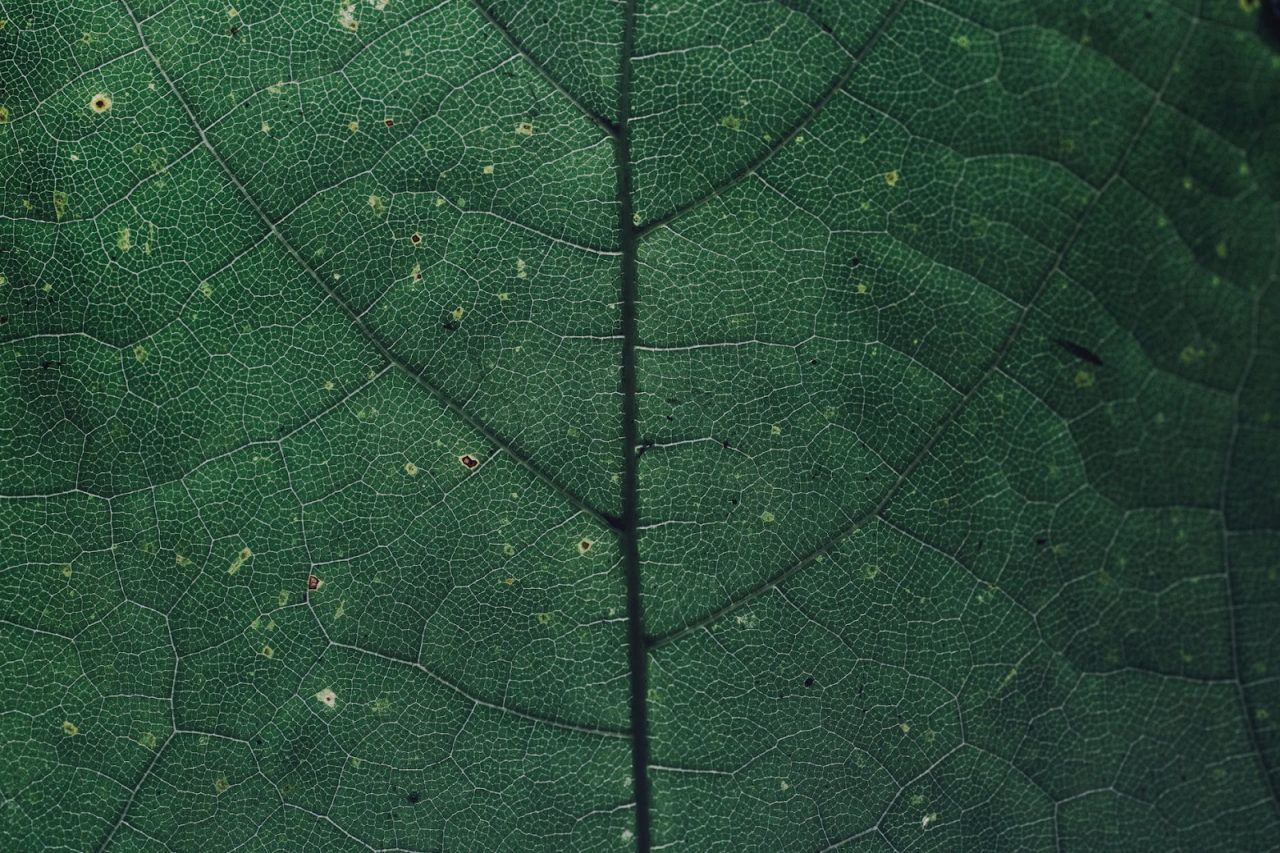
Matcha’s Phyto-Nutrients
Due to Matcha having more chlorophyll that regular tea leaves, it contains a high load of phytonutrients in it. Therefore, the caffeine in Matcha is different and healthier than the regular one you would find in tea and coffee. Matcha’s caffeine binds to catechin molecules, which are potent antioxidants, and due to this, it releases into the bloodstream over a more extended period. The release of caffeine takes longer as the catechins need to be broken down first before the release occurs. Therefore, there is a slower dissemination of caffeine, which results in sustained energy that lasts up to 8 hours. This synergy also prevents spikes in insulin and adrenaline, which is familiar with coffee intake. Since this does not happen, you never feel a crash like what you experience after having too much coffee.
Matcha Tea Preparations
Matcha has also found its way into several baking and dessert recipes since it can be easily infused into food. Furthermore, it is prepared in two significant ways- usucha and koicha. Usucha refers to a thinner version of Matcha, which utilizes a lot of hot water, whereas koicha is a thicker blend that is frothier and contains less water. The koicha also has a very unique and distinct taste that is milder when it comes to the usucha. Most people who have never drunk Matcha before should start with the usucha as it has a milder flavor that they might find calming. However, experienced drinkers prefer the koicha as it gives off the authentic taste of Matcha, which is grassy, earthen with a tinge of bitterness and sweetness.
As you can see, Matcha tea is a healthier, more sustainable source of caffeine for all you early morning birds here. It also brings along with great flavor, a tonne of nutritional benefits, and a slower, more sustained energy boost. It seems like there really isn’t much that this super-beverage cannot do. So, how did you feel when you started having Matcha in the morning?

